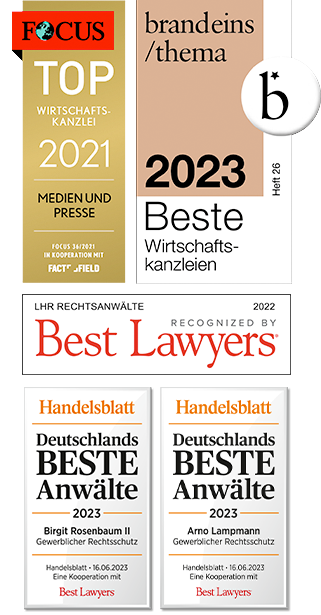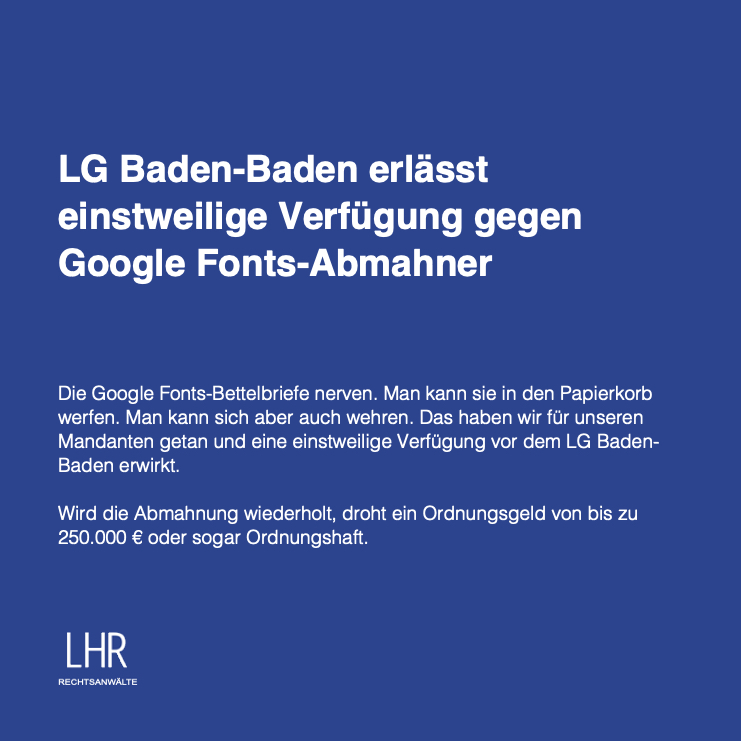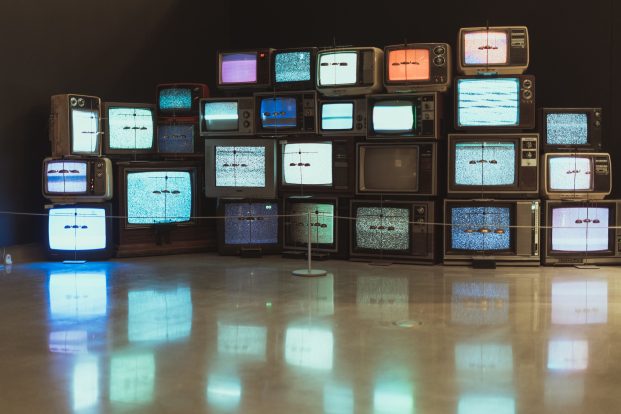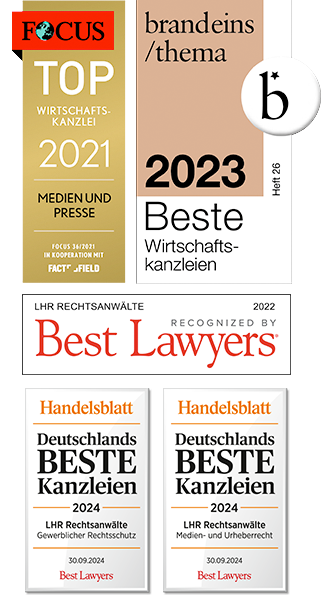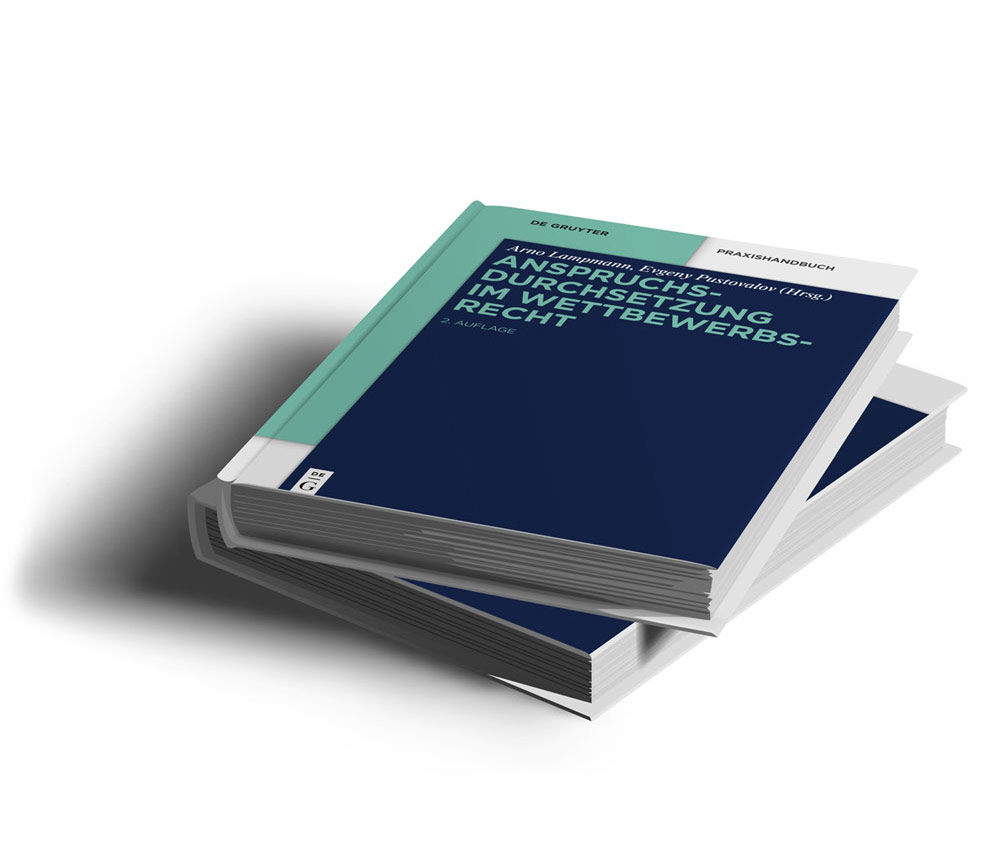Interim injunction by Munich Regional Court I: Google must delete search result for “suspected fraud”

At the request of Lampmann, Haberkamm & Rosenbaum Rechtsanwälte (LG München I, Beschluss v. 23.3.2017, Az. 25 O 2314/17) issued an interim injunction prohibiting Google from displaying a specific search result after a Google search on google.de.
Google must delete entry
The applicant represented by LHR objected to the fact that when a company name and the word “suspected fraud” were entered, a search hit appeared in which it was claimed that the company was under “suspicion of fraud” and that the public prosecutor’s office was investigating it.
The Munich I Regional Court agreed with our client that the completely unfounded allegations of fraud interfered with the client’s right to privacy and its established and exercised business operations and therefore had to be refrained from. As the operator of the search engine, Google was liable as a disturber.
As Google had not responded to out-of-court requests to remove the search result, the regional court issued the prohibition order and set a disputed value of €50,000.00. Google must now delete the entry.
Delete Google entry: More than 3 weeks is too long
The Munich Chamber was the first German court to deal with the question of how long Google can take to remove illegal search results. In this case, a period of more than 3 weeks had passed between the disclosure and the application for an interim injunction. The court considered this period to be too long, even taking into account the fact that the documents submitted were in German and may still have to be translated.
In the event of non-compliance, a fine of up to € 250,000 or up to six months’ imprisonment may be imposed. The decision was made by way of an order and is not yet legally binding.
Lawyer Arno Lampmann from the law firm LHR:
“The decision of the Regional Court of Munich I is the first decision that explicitly deals with the question of how long a data subject has to wait after a request to Google before he can obtain interim legal protection. The LG Munich I estimates this period at 3 weeks. Although this specific time limit creates a certain degree of procedural certainty, it also puts the applicant under considerable time pressure, as most courts, in particular the Munich Higher Regional Court, which is particularly strict in this respect, assume an emergency period of 1 month. The person concerned must therefore not lose any time after becoming aware of the infringement if an urgent application is to be successful.”
